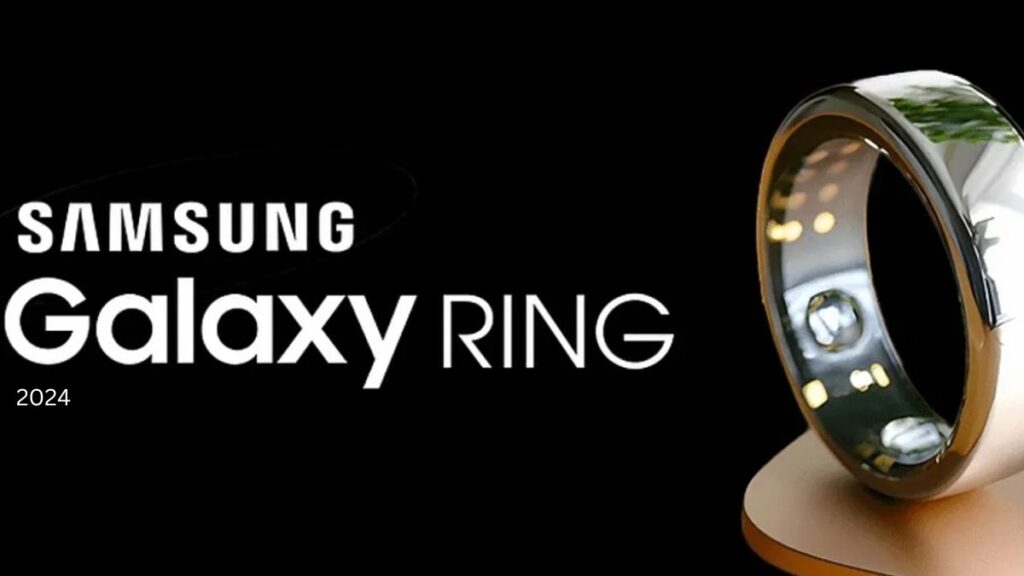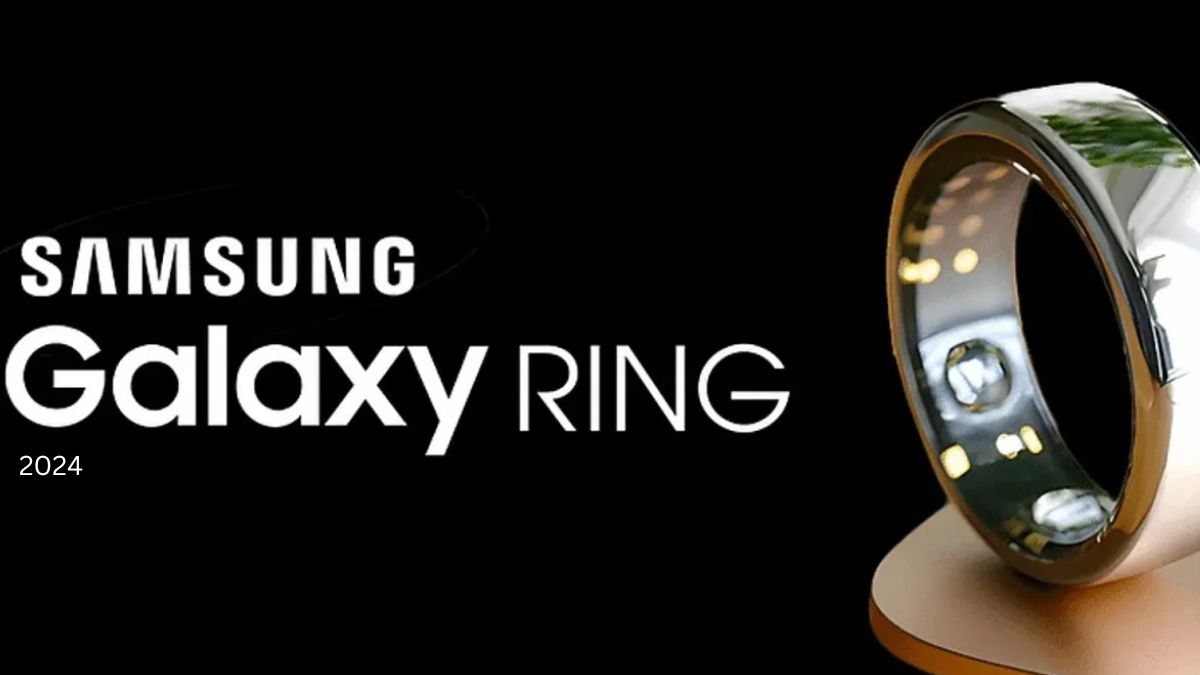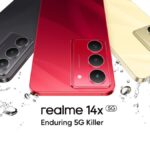
The Samsung Galaxy Ring is generating significant anticipation as its release approaches, though many details remain unclear, such as its price and potential subscription fees. The device is expected to debut alongside Samsung’s next flagship foldable phones, with an estimated price between $300 and $350, similar to other smart rings on the market. According to leaker Yogesh Brar on X (formerly Twitter), Samsung Galaxy Ring might include a monthly subscription fee of $10 or less, but this might not be implemented immediately.
Search
Recent Posts:
- OpenAI Brings ChatGPT to be used in WhatsApp: Here’s How It Works and What You Can Do To Use It.
- Realme 14x 5G: A Budget Smartphone With Premium Features.
- Exploring Apple Genmoji: A New Era of Custom Emoji Creation.
- 2024 United States Presidential Election: Donald Trump Declares Victory in 2024 Presidential Election
- Chancellor Olaf Scholz’s Visit to India: Advancing Indo-German Cooperation on Defense, Trade, and Regional Stability.
Samsung Galaxy Ring Enters a Competitive Market Dominated by Oura Ring
The concept of a subscription fee for smart rings is not new. The Oura Ring Gen 3, for instance, starts at $299 and requires a $5.99 monthly or $69.99 yearly subscription to access its key features. This approach is common in the wearable tech industry, with many companies opting to monetize advanced features through subscriptions. Other smart rings, such as the Ultrahuman Ring Air priced at $349 and the Evie Ring at $269, currently do not have subscription fees. Additionally, Google’s Fitbit Premium, which charges $9.99 per month, offers enhanced features for its Pixel Watch lineup, indicating a broader industry trend towards subscription-based models for advanced functionalities.
Samsung’s entry into the smart ring market positions it against established players like the Oura Ring, which has been a dominant force for several years. The Oura Ring is renowned for its ability to track and analyze various health metrics such as heart-rate variability (HRV), blood oxygen levels, body temperature, and sleep duration. These metrics are gathered using sophisticated sensors that emit infrared, red, and green LED light beams through the skin. An accelerometer logs activity and movement, while an accompanying app processes this data to generate three daily scores: Sleep, Activity, and Readiness.
How the Samsung Galaxy Ring Complements Samsung’s Wearable Ecosystem
The Oura Ring’s strength lies particularly in its sleep-tracking capabilities, which are continually improving to align more closely with polysomnography, the gold standard for sleep studies. The device’s ability to offer insights into hormonal factors affecting sleep and potentially alert users when they are getting sick underscores its comprehensive health monitoring capabilities.
Samsung already has a strong presence in the wearable market with its Galaxy Watch series. However, despite their advanced features, smartwatches are often less convenient for sleep tracking, as many people prefer not to wear a watch to bed. By integrating the Galaxy Ring into its ecosystem, Samsung aims to provide a more practical solution for continuous health monitoring, especially during sleep.
This additional data can enhance the health app on users’ phones, offering more detailed and accurate health insights. The Samsung Galaxy Ring is not intended to replace the smartwatch but to complement it. While a ring is more practical for certain metrics, such as sleep tracking, smartwatches excel in other areas like GPS data and more comprehensive fitness tracking. Together, these devices can provide a holistic health monitoring experience.
How Samsung’s Galaxy Watch User Base Paves the Way for the Galaxy Ring and Vitality Score Integration
Samsung’s advantage in this market stems from its established user base for the Galaxy Watch, which has garnered trust for its health monitoring capabilities. This existing trust provides a solid foundation for introducing the Samsung Galaxy Ring, as users are likely to be more receptive to a new device that integrates seamlessly with their current Samsung health ecosystem.
This strategy aligns with Samsung’s recent introduction of the ‘Vitality score’ at the Galaxy Unpacked event in January. Similar to Fitbit’s Daily Readiness Score and the Oura Readiness Score, Samsung’s Vitality score aggregates data on sleep, stress, and activity to gauge a user’s readiness for the day. Additionally, Samsung’s Health app may feature ‘Booster Cards’ to explain the reasons behind specific health readings, such as poor sleep quality, providing users with actionable insights and recommendations.
Expanding Horizons in the Wearable Health Market
The introduction of the Samsung Galaxy Ring also highlights Samsung’s broader ambitions in the wearable health market. By offering a device that complements its existing smartwatches, Samsung aims to provide a more comprehensive and nuanced health tracking experience. This could potentially make Samsung a strong player in the competitive landscape of wearable health technology, where the integration of various devices can offer a more complete picture of a user’s health and well-being.
The Samsung Galaxy Ring represents a significant step forward in wearable technology, offering users a practical and comprehensive tool for health monitoring. By leveraging its established user base and integrating the ring with its existing health ecosystem, Samsung is well-positioned to make a strong impact in the smart ring market. As anticipation builds, the Samsung Galaxy Ring promises to enhance the way users monitor and manage their health, complementing the functionality of Samsung’s popular smartwatches and potentially setting new standards in the wearable tech industry.
To read more topics, please visit: https://insightfulbharat.com






